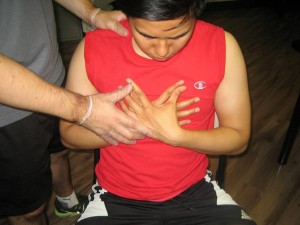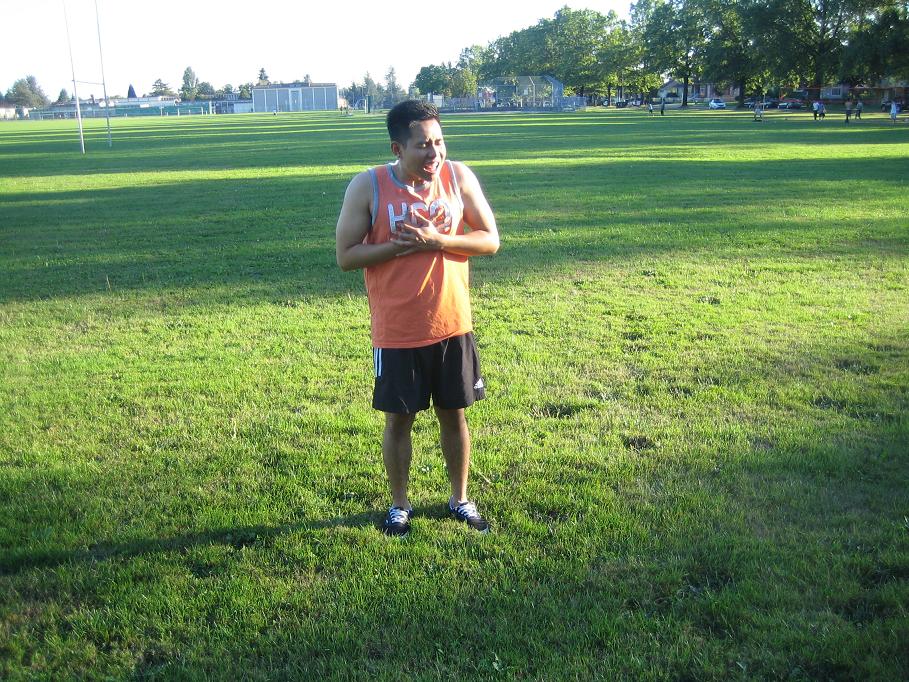Costochondritis is a condition where the cartilage in the rib cage is inflamed. The affected cartilage is where the upper ribs attach to the breastbone. Costochondritis causes chest pain that ranges from mild to severe.
The mild cases cause your chest to feel tender to touch and some pain when you apply pressure on the area of your chest cartilage.
The serious cases may cause piercing pain down to your limbs or an agonizing chest pain that disrupts with daily activities and does not settle. The condition usually goes away within a few weeks but there are cases that require medical treatment.
Signs and symptoms of costochondritis

People who have costochondritis often suffer from chest pain in the upper and central rib on either flank of the breastbone. The pain you feel may radiate to your back or the abdomen and may also become more painful if the individual moves, stretches, or breathes deeply. These signs can however also indicate other serious ailments, including a heart attack. If you experience a persistent chest pain that won’t go away, you should seek immediate medical care.
What is the cause of costochondritis?
The exact cause is known in most people, but conditions can contribute to the reason for costochondritis, these include:
- Trauma to the chest, such as a blunt impact from an automobile accident or fall
- Physical strain from activities, such as lifting heavy objects and strenuous exercise
- Certain viruses or respiratory conditions
- Certain types of arthritis
- Presence of tumors in the costosternal joint region
When to see a doctor?
You should see your doctor right away if you’re having trouble breathing or if you feel intense chest pain. These symptoms usually indicate something serious, such as a heart attack. Getting treated as soon as possible limits the possibility of complications.
Treatment
Most cases of costochondritis can be treated with over-the-counter medication. If the pain you feel is mild to moderate, then it is most likely that your doctor will recommend non-steroidal anti-inflammatory drugs (NSAIDs) such as ibuprofen or naproxen.
Your doctor may also prescribe any of the following:
- prescription-strength NSAIDs
- pain medication
- antianxiety medications
- tricyclic antidepressants
- oral steroids or injection of a steroid
The doctor might suggest permanent change in lifestyle if you have a persistent or chronic costochondritis. Certain exercises can worsen the condition, this also includes running and weightlifting.
Your doctor may also recommend:
- Bed rest
- Physical therapy
- Hot or cold therapy using a heating pad and ice
FACT CHECK
https://www.mayoclinic.org/diseases-conditions/costochondritis/symptoms-causes/syc-20371175
